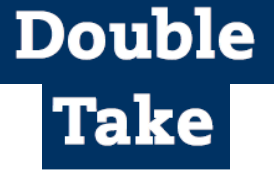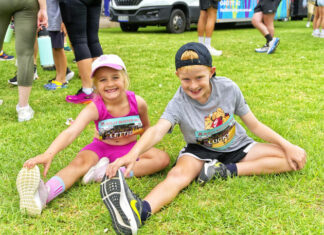Patients must wonder what’s going on at University Hospital Geelong (previously known as Geelong Hospital) when it charges them $10 a day for access to television channels, with the alternative of looking at the ceiling from their hospital beds.
In a major concession, the charge drops to $9 a day for pensioners or health-card holders.
However, anyone who doesn’t want to pay finds that the racing channel comes on automatically.
Maybe the idea’s sponsored by the betting agencies.
Geelong’s unusual tradition of comically dressed robbers flared again twice this week.
First a bloke held up an APCO servo at Newcomb while wearing a pink and purple hat decorated with a cow print and pom-poms. Then another ne’er-do-well in a clown mask held up a 7-11 in central Geelong yesterday morning.
The pair trod a well-worn path of crooks who have tried to rip off traders while dressed in everything from drag to wigs and an assortment of other bizarre masks.
So much for the traditional stocking over the head, although finding matching hosiery would be a challenge.
But what could be the inspiration for the strange disguises?
Inspector Double Take suspects the Cats’ Mad Monday outfits.
Hackers are usually associated with thieving from computers.
But there are good hackers too, with governments and Geelong’s council even encouraging them with awards and prizes.
The first GovHack event, held in Geelong in July, attracted 60 participants, with seven of the resulting apps and websites receiving awards.
A Mighty Ducks Stormwater Tracker by Rubber Ducks won a $400 prize for showing exactly which river, creek or bay litter ends up in when it goes down the drain.
If only there was an app to track where our hard-earned taxpayer and ratepayers dollars go.
They might eat the odd surfer but sharks are also “unlikely heroes” protecting humanity, according to the latest left-field research out of Geelong’s Deakin University.
What on Earth could sharks protect humans from? Er, climate change, apparently.
Deakin scientists argue that sharks limit atmospheric carbon dioxide by eating turtles, which in turn eat sea grass, which in turn stores CO2. Therefore, fewer sharks means more turtles, which means less sea grass and more C02 in the atmosphere.
The Deakin boffins posit a simple solution: stop eating so many sharks.
Okay, but only if they stop eating us first!









